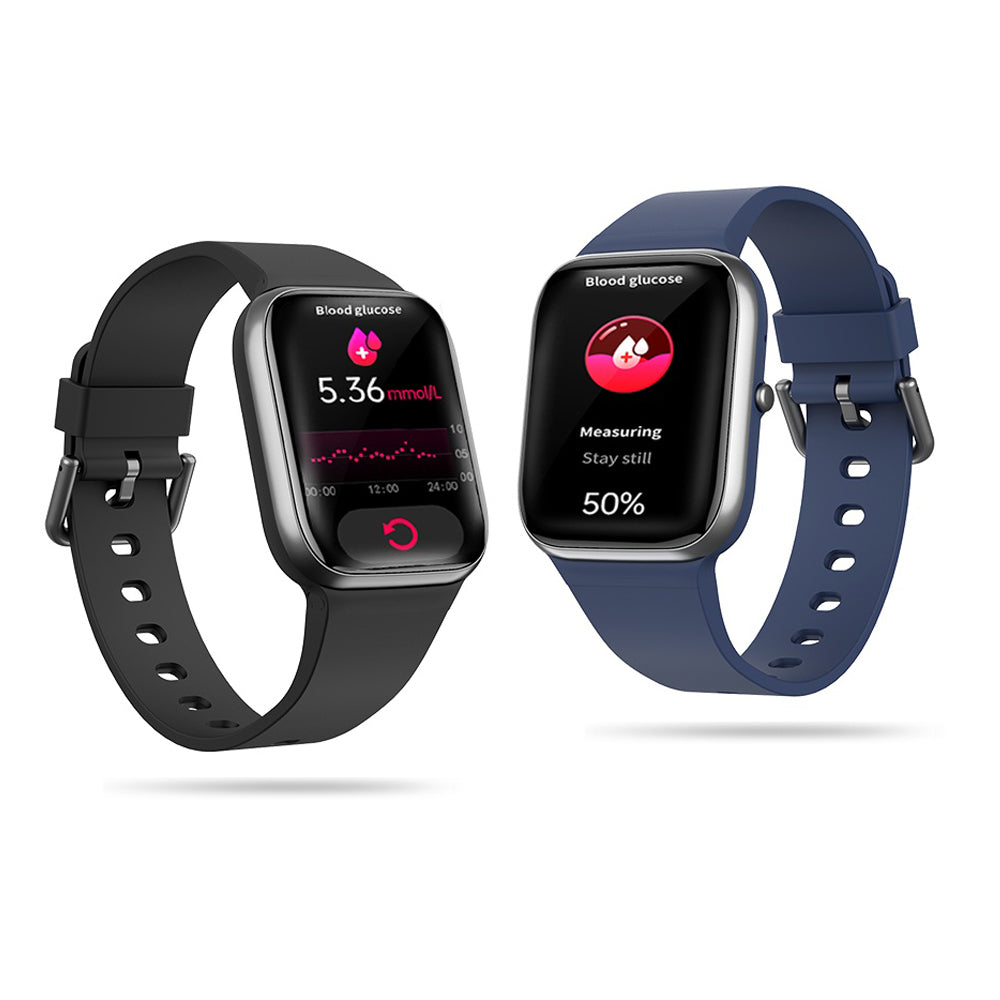Normal blood glucose
In the human body, blood glucose levels are tightly controlled and are usually maintained at around 90 milligrams per deciliter (5mmol/L). The normal range is 4-7 mmol/L, that is, the constancy of blood glucose. The normal amount of glucose in the circulating blood is 3.3-7.05 grams (assuming a human blood volume of 5 liters, equivalent to the average man's). Blood sugar levels rise one to two hours after eating and fall to their lowest levels after sleep.
Harm of abnormal blood glucose
Maladjustment of blood glucose levels can lead to a variety of diseases. Such as hyperglycemia with persistent blood sugar concentrations that are too high and hypoglycemia that are too low. Persistent high blood glucose from a variety of causes leads to diabetes, which is the most significant disease related to blood glucose levels; Lowblood glucose can cause symptoms such as dizziness, inability to concentrate and even shock.
In addition to glucose, the blood actually contains certain amounts of fructose and galactose, but only the glucose concentration level can be used as a signal for metabolic regulation (regulated by insulin and glucagon).
How to maintain normal blood glucose
If you're a foodie, I'm sure you'll start preparing three meals a day on a regular basis for good health. You should limit your daily sugar intake and try to include a mix of starches, fruits and vegetables, proteins and fats at each meal. Pay attention to the type of carbohydrate you choose.
Exercise can make people strong, exercise can drive away disease. Check blood sugar levels before, during, and after exercise, especially if insulin or hypoglycemic medications are used. Exercise may even lower blood glucose levels a day later, especially if you try new activities or increase the intensity of your exercise. Be aware of the warning signs of low blood glucose, such as feeling shaky, weak, tired, hungry, top-heavy, irritable, anxious, or confused.
If you're health-conscious, you might want to buy a device to monitor your blood glucose. But some devices need to collect your blood to monitor blood glucose, which can be very unpleasant. You could use a smartwatch to monitor your blood glucose levels. The watch monitors your blood glucose around the clock and automatically measures it every 5-10 minutes. This will prevent you from forgetting to measure your blood glucose and avoid the pain of inserting a needle. The data monitored by the smartwatch is uploaded to the APP. You can check the data at any time and keep track of the changes in blood glucose.

The following watches include blood glucose functions
BC E400 Smartwatch






